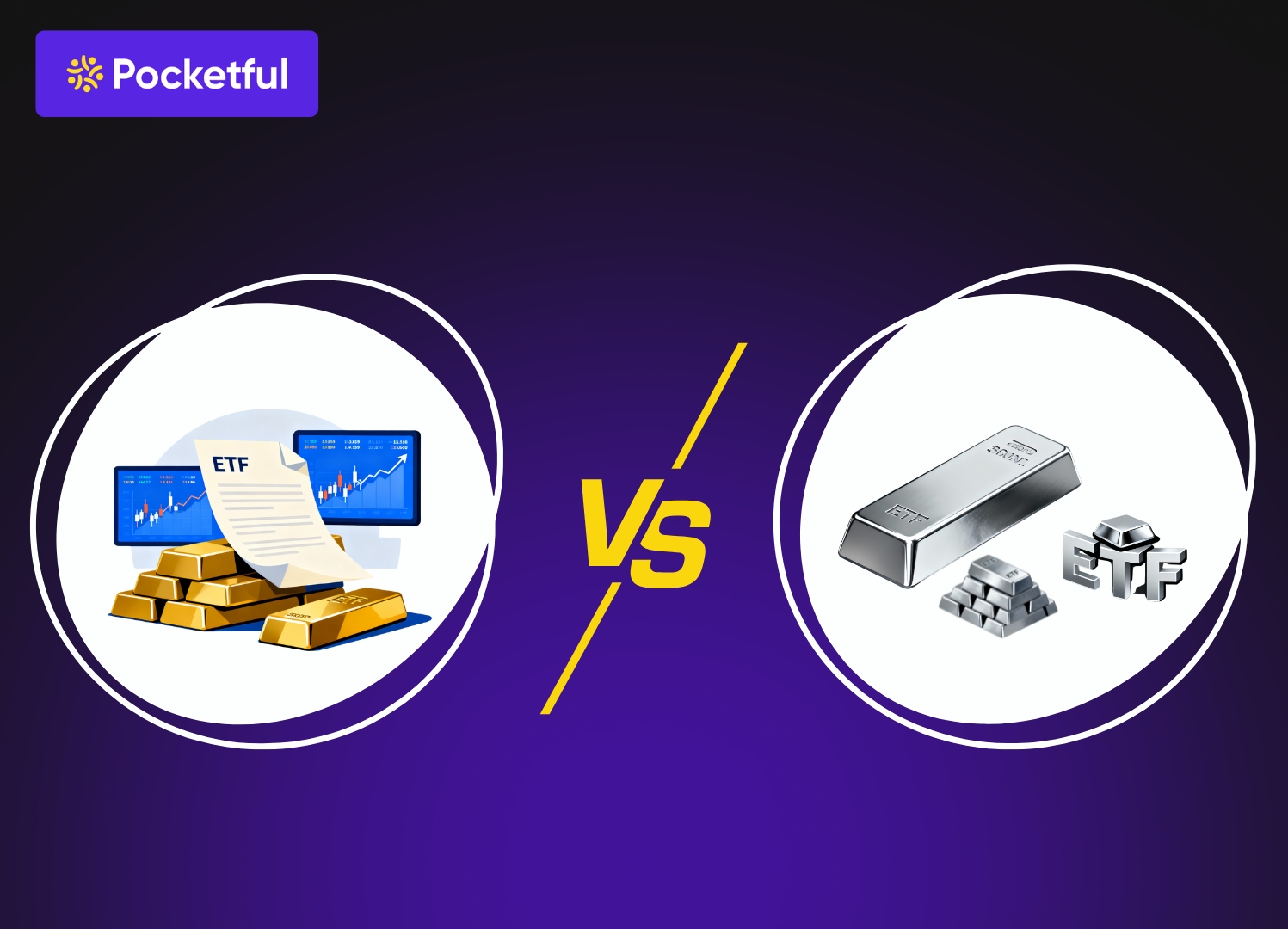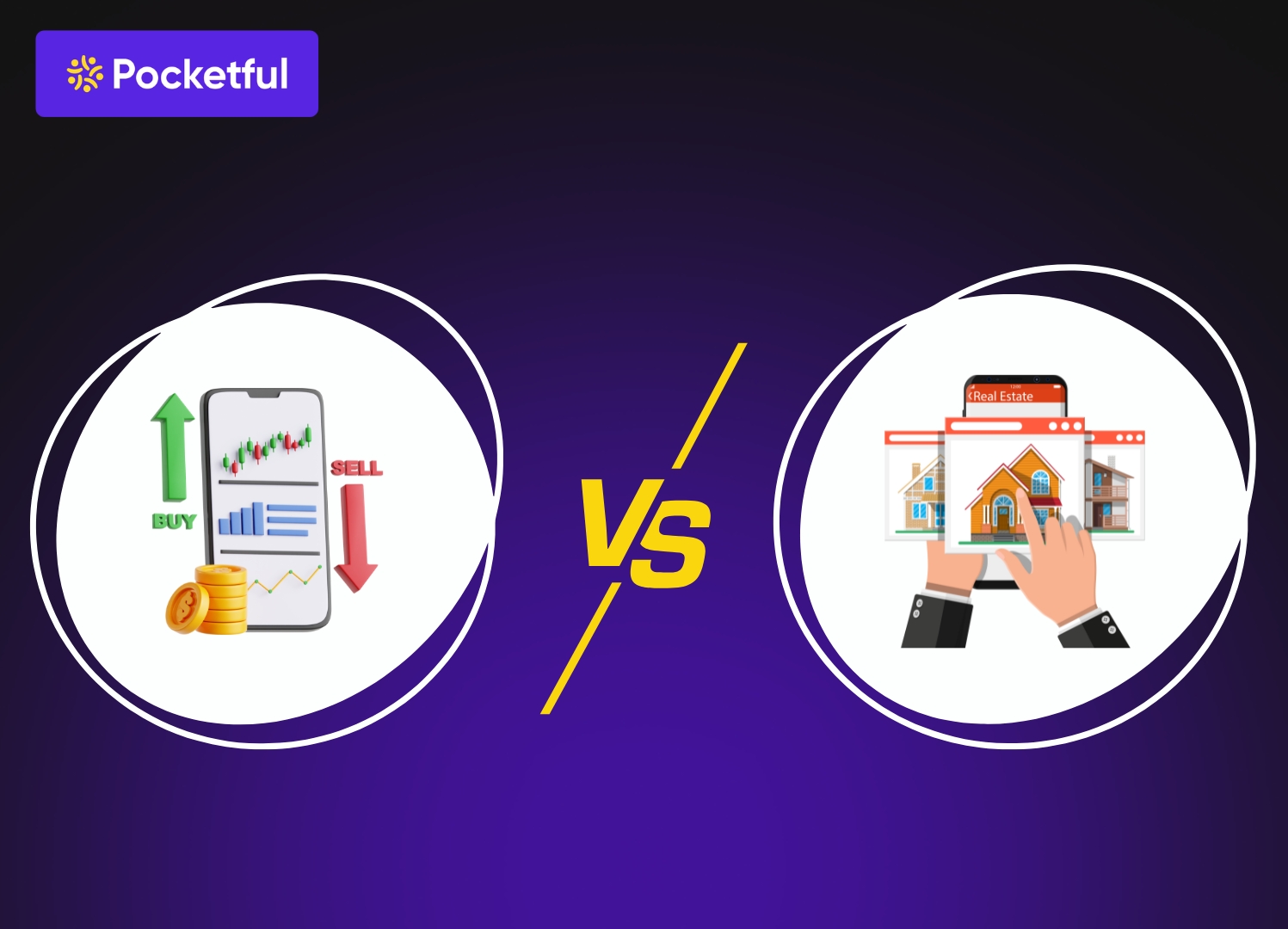The Indian stock market has its share of individuals who have made a name for themselves through their intelligence and patience, and Vijay Kedia is one of them. Coming from a humble background, Kedia started from very small beginnings, but through hard work and sound judgment, he is now considered one of the country’s most renowned investors. His portfolio is now worth approximately ₹1,400 crore. In this blog, we will discuss his investment strategies, his favorite companies, and the lessons that every investor can learn from him.
In this blog, we will uncover the ideas, strategies, and experiences that turned Vijay Kedia into one of India’s most respected long-term investors.
Vijay Kedia Portfolio 2026
Vijay Kedia’s 2025 portfolio reflects his signature investing style—backing high-quality, scalable businesses with strong management and long-term growth potential.
| Portfolio Stocks | Market Cap (₹ Cr) | Holding (%) | Current Price (₹) | 1Y Return (%) |
|---|---|---|---|---|
| Atul Auto Ltd | 1,273 | 20.91 | 459 | -17.04% |
| Neuland Laboratories Ltd | 21,567 | 1.01 | 16,792 | 12.64% |
| Elecon Engineering Company Ltd | 11,996 | 1.09 | 534 | -6.72% |
| TAC Infosec Ltd | 1,768 | 14.60 | 844 | 122.79% |
| Sudarshan Chemical Industries Ltd | 8,134 | 1.41 | 1,035 | 2.79% |
| Vaibhav Global Ltd | 4,127 | 2.03 | 247 | -9.17% |
| Yatharth Hospital | 7,307 | 1.31 | 758 | 25.17% |
| Mahindra Holidays & Resorts India Ltd | 6,832 | 1.00 | 338 | -5.29% |
| Repro India Ltd | 749 | 6.33 | 523 | 2.33% |
| Innovators Facade Systems Ltd | 305 | 10.66 | 387 | 11.71% |
| Siyaram Silk Mills Ltd | 3,509 | 1.00 | 774 | 8.71% |
| TechD Cybersecurity | 1,682 | 3.15 | 177 | -43.63% |
| Om Infra Ltd | 1,074 | 2.49 | 112 | -22.32% |
| Affordable Robotic & Automation Ltd | 223 | 9.93 | 251 | -65.24% |
| Global Vectra Helicorp Ltd | 201 | 5.07 | 281 | -14.10% |
Vijay Kedia Portfolio 2026 – Sector-wise Breakdown
| Sector | Equity (%) |
|---|---|
| Engineering | 13% |
| Auto (2 & 3 Wheelers) | 7% |
| Textiles (Weaving) | 7% |
| Construction & Contracting (Civil) | 7% |
| Auto Ancillaries | 7% |
| Hotels | 7% |
| Telecommunications (Equipment) | 7% |
| Engineering (Heavy) | 7% |
| Dyes & Pigments | 7% |
| Printing & Stationery | 7% |
| Pharmaceuticals | 7% |
| Retail | 7% |
| Transport & Logistics | 7% |
| IT Services & Consulting | 7% |
Key Performance Indicators (KPIs) of Vijay Kedia Portfolio
The key performance metrics of Vijay Kedia Portfolio Stocks are mentioned below:
| Company | Operating Margin (%) | Net Profit Margin (%) | ROE (%) | ROCE (%) | Debt to Equity |
|---|---|---|---|---|---|
| Neuland Laboratories Ltd | 18.83 | 17.61 | 17.06 | 16.23 | 0.09 |
| Elecon Engineering Company Ltd | 24.33 | 18.27 | 20.76 | 24.71 | 0.00 |
| Tejas Networks Ltd | 10.64 | 5.00 | 11.60 | 22.44 | 0.85 |
| Sudarshan Chemical Industries Ltd | 7.41 | 1.71 | 1.62 | 3.64 | 0.61 |
| Mahindra Holidays & Resorts India Ltd | 12.29 | 4.56 | -46.14 | 3.92 | -3.57 |
| Vaibhav Global Ltd | 6.36 | 4.53 | 11.36 | 14.78 | 0.08 |
| Siyaram Silk Mills Ltd | 13.10 | 8.87 | 15.36 | 20.65 | 0.18 |
| Precision Camshafts Ltd | 6.51 | 6.25 | 6.82 | 6.80 | 0.12 |
| TAC Infosec Ltd | 59.25 | 55.72 | 24.27 | 25.73 | 0.03 |
| Atul Auto Ltd | 5.09 | 2.53 | 4.90 | 6.94 | 0.25 |
| Om Infra Ltd | 7.09 | 5.04 | 4.81 | 6.03 | 0.10 |
| Innovators Facade Systems Ltd | 13.81 | 7.12 | 11.04 | 19.64 | 0.42 |
| Global Vectra Helicorp Ltd | 6.68 | -0.11 | -3.05 | 10.71 | 4.79 |
| Affordable Robotic & Automation Ltd | -2.60 | -7.16 | -11.56 | -3.36 | 0.55 |
Read Also: Top 10 Richest Investors in the World
About Vijay Kedia
Vijay Kedia is a well-known Indian investor, whose name is synonymous with “multibagger stocks.” He was born in 1959 in Kolkata. He developed a passion for the stock market at a young age. He started trading at just 19 years old, but initially suffered significant losses. He learned from his mistakes and gradually made long-term investing his main focus.
Today, Vijay Kedia is one of India’s top value investors. He has generated huge returns by investing in stocks like Atul Auto, Cera Sanitaryware, and Sudarshan Chemical at an early stage. He believes that money is made in the market only when you have patience and wait for the growth of good companies.
Kedia’s philosophy is simple honest management, a scalable business, and a long-term vision. This approach has made him a successful and respected investor.
| Detail | Information |
| Full Name | Vijay Kishanlal Kedia |
| Year of Birth | 1959 |
| Place of Birth | Kolkata, West Bengal, India |
| Education | Graduate in Commerce |
| Profession | Investor, Trader, and Entrepreneur |
| Famous For | One of India’s most successful value investors and multibagger stock pickers |
| Investment Firm | Kedia Securities Pvt. Ltd. |
| Investment Philosophy | SMILE Model Small in size, Medium in experience, Large in aspiration, Extra-large in opportunity |
How Vijay Kedia Identifies Multibagger Stocks
Long-Term Vision : Vijay Kedia always prioritizes long-term investments. He believes that a company’s true potential unfolds over time, so patience is crucial rather than seeking quick profits. He says, “Waiting patiently in the right company is where the real money is made.”
SMILE Model : Vijay Kedia’s entire strategy is based on his famous SMILE model. It emphasizes four key points:
- S – Small in Size : Choosing small but fast-growing companies.
- M – Medium in Experience: The management team should have several years of solid experience.
- L – Large in Aspiration: The company should have a strong desire to think big and grow.
- E – Extra-large in Market Potential: The sector in which the company operates should have significant growth opportunities.
This model shows that Vijay Kedia doesn’t just look at small companies, but trusts in their future potential and the management’s vision.
Trust in Management : Kedia believes that the real strength of any company lies in its management. He invests in businesses with honest, transparent, and passionate leadership. According to him, “If the management is good, the company can navigate even difficult situations.”
Focus on Emerging Sectors : He is always on the lookout for sectors that are likely to grow rapidly in the coming years. In recent years, he has increased his investments in sectors like chemicals, manufacturing, and financial services. He believes that these sectors will play a major role in India’s growth story.
Control Over Emotions : Vijay Kedia believes that the most difficult thing in investing is controlling one’s emotions. He always makes decisions based on data and logic, not on fear or greed.
Read Also: 10 Top Investors In India And Their Portfolios
Key Lessons for Retail Investors from Vijay Kedia’s Portfolio
Finding Big Opportunities in Small Companies : Vijay Kedia always chooses companies that are currently small but have the potential for future growth. He says, “If a small company is moving in the right direction, it will eventually become a multibagger.” Retail investors can also benefit in the long term by keeping an eye on steadily growing companies.
Trust in Good Management : A company’s true strength lies in its management. If the team is honest and passionate about their work, the company can weather even difficult situations. Therefore, before investing, always check who is running the company.
Invest with a Long-Term Perspective : Kedia believes that real wealth in the stock market is created over time. If the company is good, give it time to grow. Patience is more important than getting worried about daily fluctuations.
Don’t Be Afraid of Downturns : The market doesn’t always go up. Downturns are a part of every investment. Kedia says, “Investors who sell out of fear miss out on real opportunities.” As long as the company’s fundamentals are strong, it’s wise to remain calm.
Keep an Eye on Growing Sectors : He always chooses sectors that are linked to the country’s development – such as chemicals, manufacturing, and financial services. Retail investors can also look for growth opportunities in these sectors.
Do Your Own Research : It’s better to invest based on your own understanding than to blindly follow big investors. Kedia also says, “If you haven’t done your own research, fear or greed will force you to make wrong decisions.”
Common Misconceptions About Vijay Kedia’s Portfolio
Myth 1: If we copy Vijay Kedia’s portfolio, we will get the same returns.
Reality: Everyone has different thinking, risk tolerance, and investment time horizons. Understanding his strategy is good, but blindly copying it would be wrong.
Myth 2: All the stocks he chooses are always safe.
Reality: Kedia often invests in small and mid-cap companies. These have higher growth potential, but also carry higher risk.
Myth 3: He never sells his stocks.
Reality: If he feels that a company’s situation is weakening or its fundamentals are changing, he exits the position in a timely manner.
Myth 4: His multibagger stocks are created purely by luck.
Reality: Every position he takes is a result of research, experience, and patience. It’s not luck, but understanding and hard work that are his strengths.
Myth 5: He only invests in large companies.
Reality: His specialty is identifying those small companies that have the potential to become big in the future.
Read Also: 10 Best Stock Market Traders in the World
Conclusion
Vijay Kedia’s story shows that money is made in the stock market only when one is patient and trusts their own judgment. He consistently chose companies with clear business models and strong growth potential. His philosophy is clearly focused on building wealth steadily rather than trying to get rich quickly.
Frequently Asked Questions (FAQs)
Who is Vijay Kedia?
Vijay Kedia is a well-known Indian investor, famous for his long-term investment strategy and ability to pick multibagger stocks.
What is Vijay Kedia’s investment strategy?
He always invests for the long term in fundamentally strong, small but high-growth potential companies.
What is Vijay Kedia’s net worth in 2025?
His estimated net worth in 2025 is approximately ₹1,400 crore.
Which are some popular multibagger stocks of Vijay Kedia?
Some of his popular multibagger stocks include Atul Auto, Cera Sanitaryware, and Sudarshan Chemical.
Can we copy Vijay Kedia’s portfolio for investment?
No, every investor has a different mindset and risk appetite. It’s better to learn from his strategy, but blindly copying it is not advisable.










